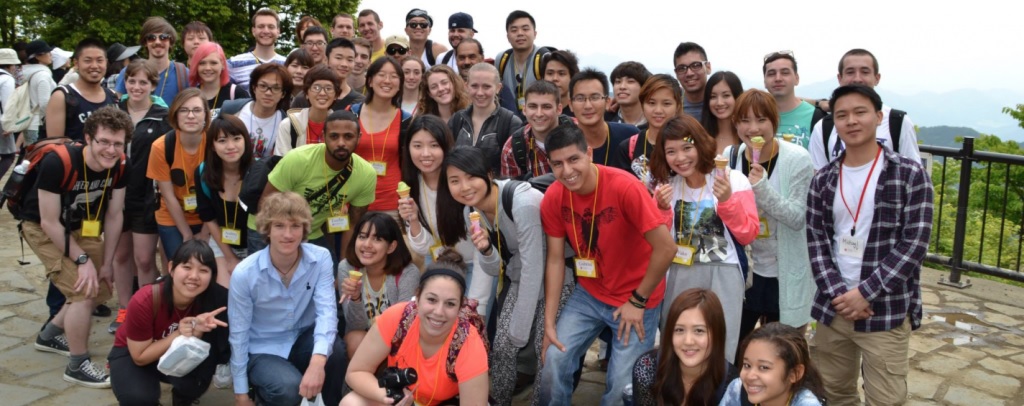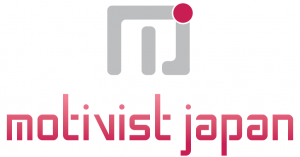FIND JAPANESE SCHOOLS
Find Japanese schools and courses that suit you the best and learn Japanese in the most efficient ways.
Programs have 4 starting dates (January, April, July and October). Their lengths vary, from 1 to 2 years, with about 20 weekly hours of class. In order to reach JLPT N2 level, one should study at least a year.
Aside from teaching the language, the school also incorporates Japanese culture to the students. Therefore students can expect a lot of activities such as cultural, social and sometimes out of school events. Typical activities includes calligraphy, tea ceremony or yukata wear.
Since Japanese language school has similar courses, your main job is to identify which one will best suit your needs:
Purpose of your study: If you are planning to study at a Japanese University, you need to select a Japanese language school offers preparation courses for university exams (Such as JLPT or EJU). Most of our language schools offer this type of program. See our list of schools here.
The university preparation is on top of the general Japanese course.
Location: In choosing location, please make sure that your chosen prefecture is the one you can stay for a long time. If you choose to study outside the city, cost of tuition might be slightly less expensive but available part time jobs might be less too compared working in the city. You might also consider the weather as Hokkaido area can get really cold on winter and Kanto area is really hot during summer season.
Budget: Misconception about Japan is that it is an expensive country. However compared to US, Australia or Canada, studying and living in Japan is a lot cheaper. When allocating your budget. so you need to consider the school’s location, the tuition fees and other expenses before deciding the school where you would like to apply and study.
Duration and starting date: Always ask yourself what is your goal in your study? Do you want to use Japanese for work or just for hobby? Course duration is between 6 months to 2 years starting on Winter season (January), Spring (April), Summer (July) and Autumn (October).
Teaching style: Basically, how teaching is done in every school is standard. In a regular school day, there is listening and writing practice as well as grammar and kanji lesson. There can also be recitation to practice the speaking ability of the students.
Japanese language schools typically offer 3 types of courses:
Intensive or preparatory courses: The purpose is to prepare students to go to higher education and thus to get them ready to take the JLPT test and prepare for the EJU for those who want to go to a Japanese university. Generally, you need to have a solid knowledge of Japanese language before you start those courses.
General or Basic course: This course is for people who are simply interested in Japanese language and culture, students who are not planning to enter a higher education institute but need to master the Japanese language for their career in their home country or for hunting jobs in Japan (or simply for their hobby and pleasure). It is also for business executives to effectively communicate in Japanese in business meetings, and be able to express ideas and opinions.
Short-term courses: It is a course for students and business people who want to improve their Japanese language skills or brush up within the shortest period of time and often during their holidays. The course duration is between 2 weeks and 3 months (it varies from school to school).
Other courses: Summer or Winter course (short-term)
It is important to keep in mind that all schools have their own specifics. Contact us and tell us what you are looking for. We will help you find the most appropriate school for you.
Check our Japanese Language Schools: click here.









